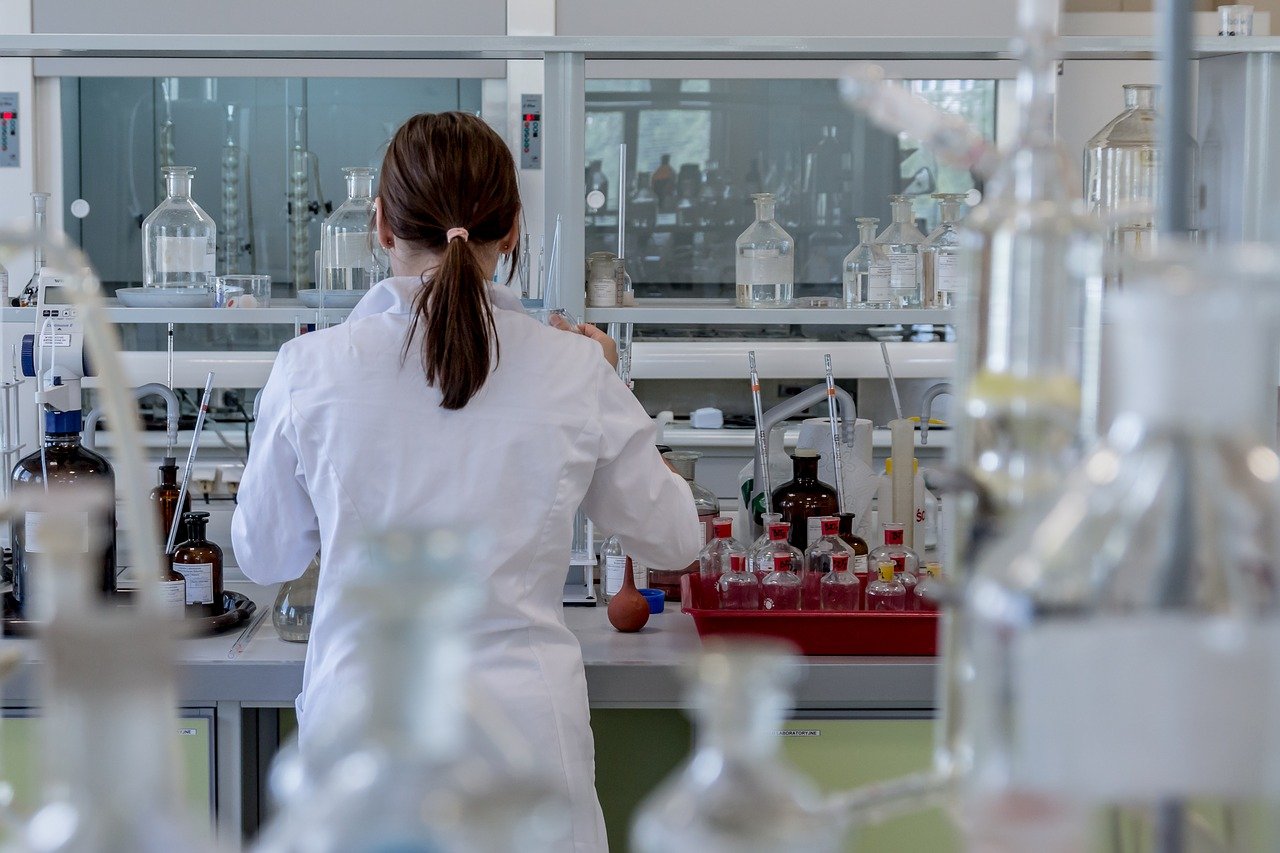Italy seeks industrial autonomy in the health sector
The Ministry of Economic Development has published a notice for Italian companies to submit projects in the health sector. The notice, which is part of the IPCEI (Important Project of Common European Interest), has a deadline of 28 February 2022 and aims to encourage Italian industrial autonomy in the health sector, ensuring our country (but also Europe) an integrated supply chain between companies able to develop and produce drugs, vaccines, therapies and medical devices that in the future can prevent and combat health crises such as the one we are currently experiencing. The Covid-19 pandemic has highlighted the need to strengthen the healthcare system by investing in biotechnology and nanotechnology. In addition, difficulties in accessing healthcare facilities due to lockdowns or quarantines should be a driving force for the development of platforms that facilitate digital therapies and remote visits.
Companies interested in participating in the IPCEI may respond to the notice by the end of February 2022 by expressing their interest and proposing an investment project in Italy that, in addition to research activities, must also have an experimental phase of industrial development.
I progetti selezionati potranno essere finanziati in deroga alla normativa europea sugli aiuti di Stato, per affrontare sfide di mercato e sociali che non
Selected projects may be financed by way of derogation from European regulations on state aid, to address market and social challenges that could not be overcome in any other way, but possibly also with resources from the National Recovery and Resilience Plan (PNRR) if the related activities comply with national and European environmental regulations.
Other initiatives promoted by the Ministry of Economic Development, again in the health field, include the creation of the Enea Tech and Biomedical Foundation, which supports investments in research and technology transfer in our country with an initial fund of 500 million euros. The Foundation will encourage collaboration between SMEs, innovative start-ups and universities, and more generally between the world of research and businesses, in sectors of strategic importance for the country’s competitiveness, such as, in addition to health, the green economy, robotics and artificial intelligence.





